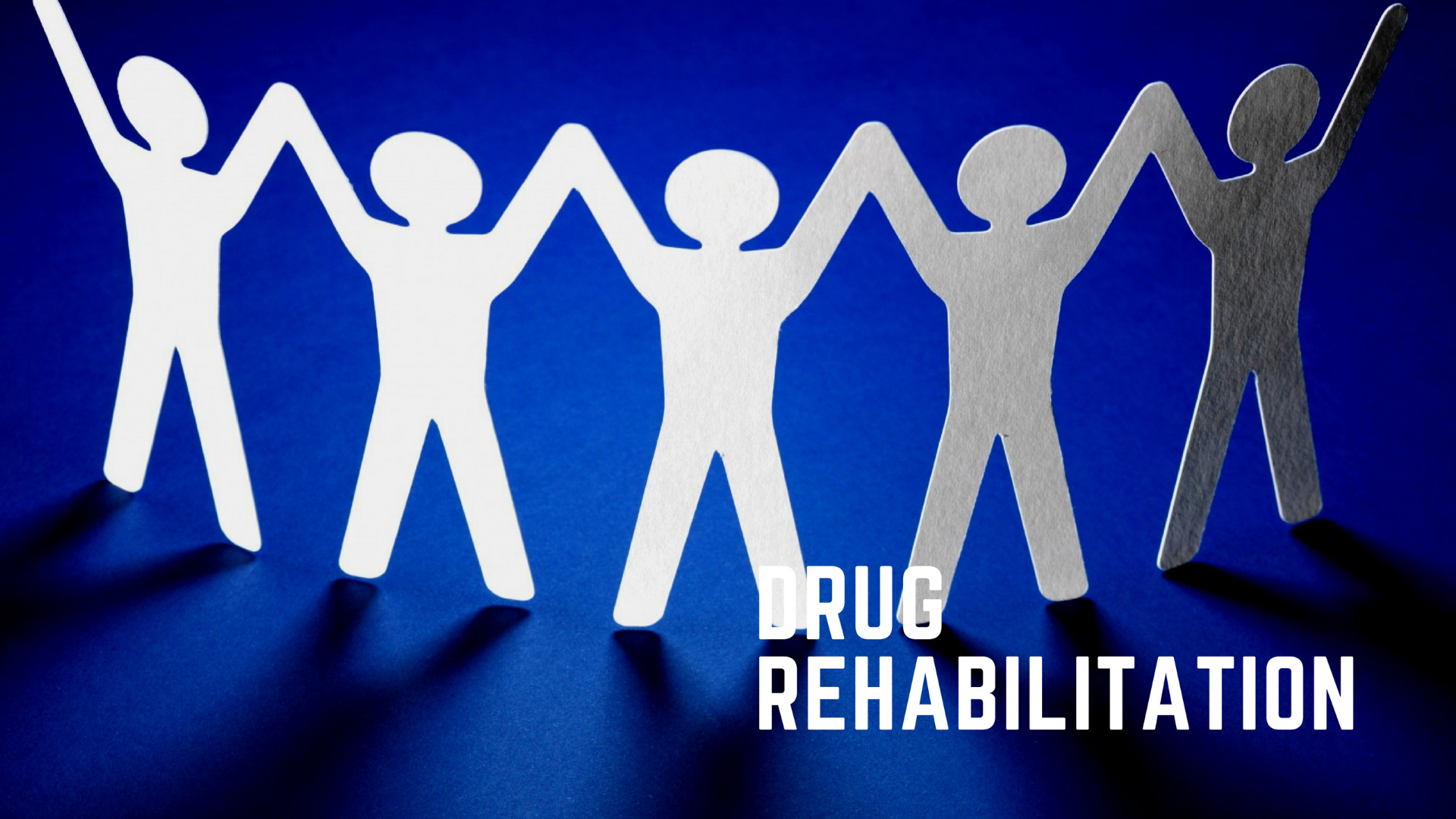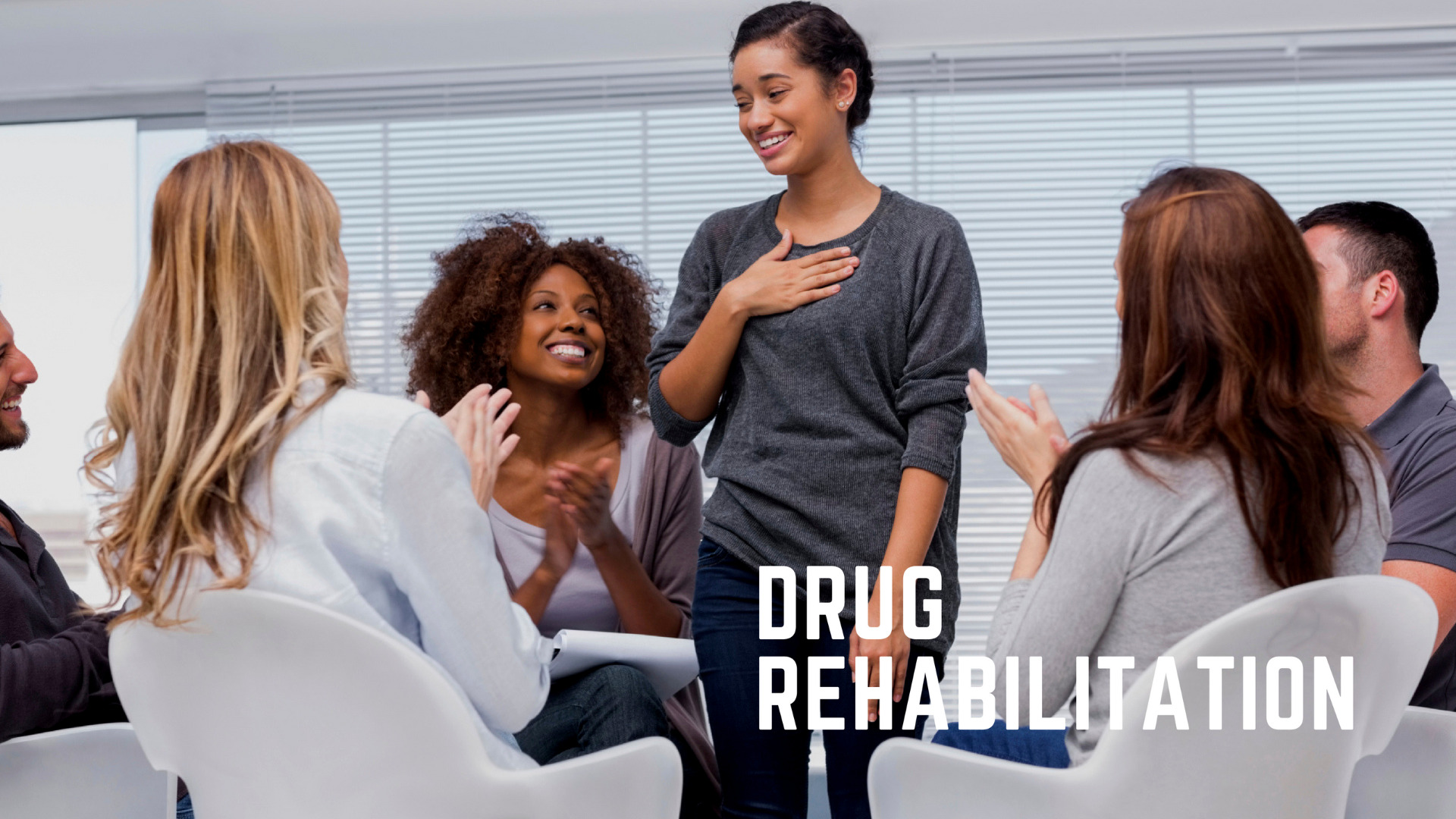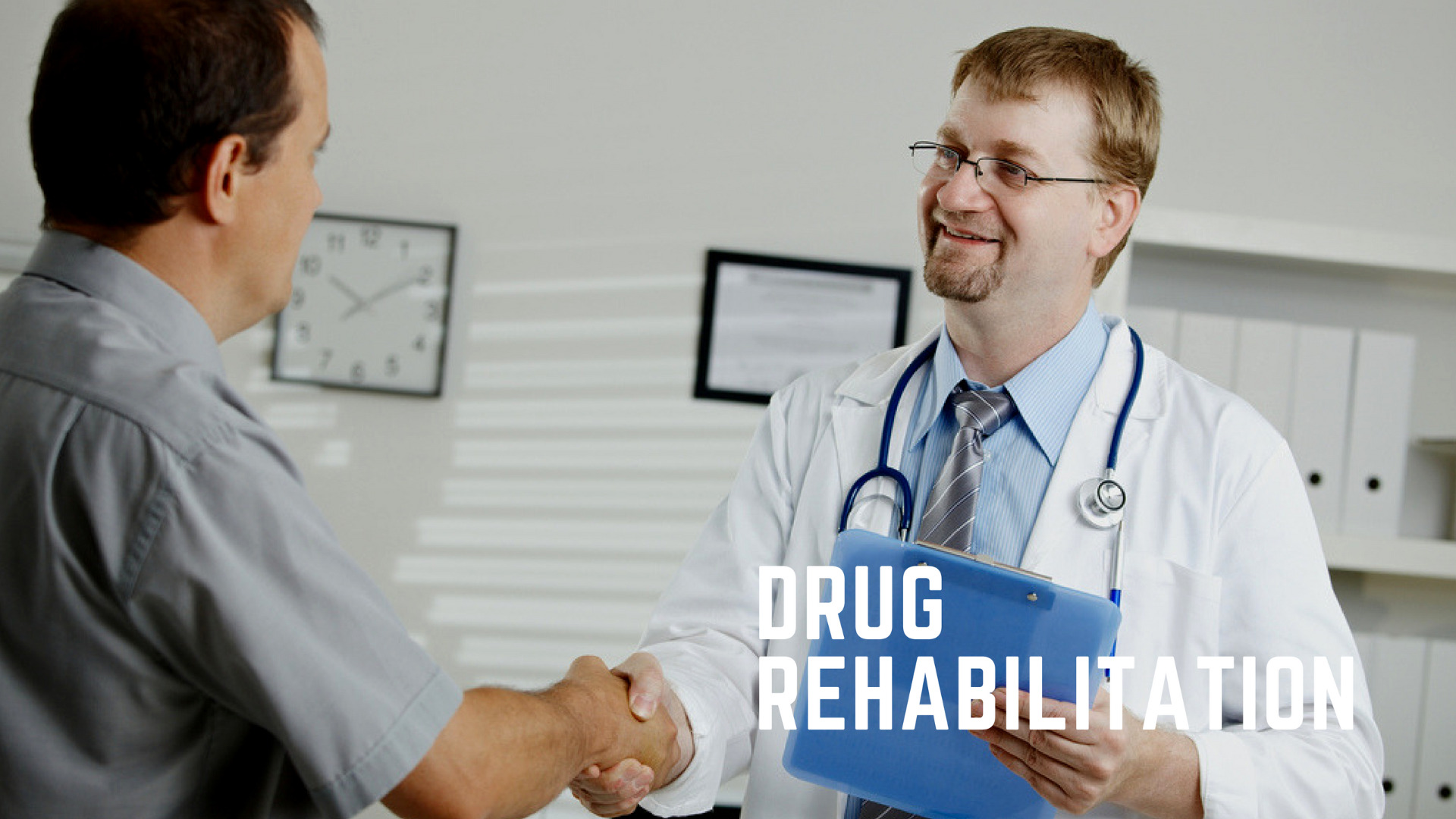Learn More About Drug Rehab And Detoxification

The approaches of drug detoxifying are:
A.) Cold-turkey Detox
This means stopping all drug usage with medical supervising to guide during an emergency. Cold-- turkey implies no pharmacological services and individuals experience the full brunt of withdrawal symptoms as long they last. Some dugs can be intense and last for a couple of weeks or longer while others are not physically difficult to stop.
B.) Short-term Medicated Detox
Patients who opt for medical detox stop taking all substances but have a short-time medication program when they begin experiencing withdrawal symptoms. Customers suffering from insomnia can be ordered a non-addictive sleep medication while those experiencing muscle aches can be given pain relievers.
C.) Extensive Treated Detox
Solution for opioid drugs for instance, heroine have an option of long-term treatment. Clients can use methadone or the buprenorphine/naloxone drug combination to treat the brunt effects of withdrawal symptoms. With time, the dosage of the medications is dropped until the customer is drug free.
What ever detoxification path is picked, it must be accomplished under the supervision of a medical professional.
At-home Detox
There are people who prefer at-home purification. It is conceivable but not wise because it may be unsafe and may not often work. Professional detoxification is the best and most reliable way to wane clients off drug abuse.
Drug Detox Kits
Today, there are drug detox kits available for a vast range of prices. They are not a total treatment option solution.
Detox Duration
Drug detoxification takes provided withdrawal symptoms last along with for how long it takes for a client to attain physical and mental stability. A detox also helps to prepare mentally and physically for the function in therapy and counselling Antidepressants and antipsychotics may be prescribed for patience with co-occurring issues like depression.
Detox is not a complete treatment for addiction. Pre-existing conditions which may be a predetermining factor of drug abuse should be addressed in therapy once the withdrawal symptoms have passed and drug toxins are no more in the body, get to know more here https://www.webmd.com/mental-health/addiction/alcohol-withdrawal-symptoms-treatments#1.
2.) Behavioral Counselling
Behavioral therapies help with modifying sufferers' attitudes towards drug addiction. There are effective therapies for treating drug addictions after detoxification.
a.) Therapeutic societies
These are highly structured solutions where patience remain in the rehab center for 6 to 1 Year. As representatives of change, the staff and other recuperating addicts influence customer's attitudes and behaviors.
b.) Multidimensional family remedy
This was built for to cater for both teenagers with drug abuse concerns and their families. It is crafted to improve the overall family functioning.
c.) Cognitive behavioral therapy
It helps customers recognize, avoid and handle situations where they are very likely to use drugs.
d.) Motivational consulting
It makes easily the most out of people's enthusiasm to change their behavior
e.) Motivational enticements
It utilizes good reinforcements to urge abstinence from pills.
f.) Personal therapy
Personal therapy is where the real underlying issues are managed on a personal basis.
g.) Life skills lessons
These classes teach customers tips on how to function and stay on top of responsibilities without feeling overwhelmed. This makes them feel more responsible and unlikely to resort to drugs or alcohol.

3.) Medication
Medication and medical devices may possibly be used in the following ways to handle problems related to drug addiction:
Withdrawal
Medications help in suppressing withdrawal symptoms during detoxification. Detoxification is not a treatment by itself but just the initial step of the process. Without further treatment after detoxification, clients are prone to resume their drug use. Gadgets such as FDA certified electronic stimulation device can be used to treat withdrawal. The device is placed behind the ear. It sends electric powered impulses to the brain thus stimulating certain brain nerves.
Relapse Prevention
Medications can be used to re-establish normal brain function and to decrease drug cravings. There are available opioid medications for drugs (heroin, pain killer, prescriptions), tobacco and alcoholism. Medical research is being undertaken to build medications that can treat stimulant drugs (cocaine, methamphetamine). For people who use over one drug they will need treatment for all those substances.
Opioids
Medications for example, methadone, buprenorphine and naltrexone are used to manage opioid addictions. These drugs act upon the same targets in the brain as heroin and morphine. They reduce withdrawal manifestations and relieve craving. Naltrexone prevents the opioid effect at their receptor sites in the brain. It should be used in detoxified individuals only. All medications aid individuals diminish drug seeking and related criminal attribute. This makes them more receptive to behavior treatments.
A study found that a combination of buprenorphine, naloxone and an extended formulation of naltrexone is effective in treating opioid addiction. Treating clients with naloxone requires full detoxification which means that treatment must first be initiated by another medication but can be followed up by a the buprenorphine/naloxone combination. The stringent restrictions of methadone allow it to only be used in the presence of a doctor.
Methadone alleviates withdrawal symptoms, has a longer half-life and does not elicit euphoria effects. However, it has side effects of nausea, vomiting, excessive sweating and respiratory depression. It is also in danger of diversion and abuse. Methadone is the absolute most commonly used medication for opioid treatment.
Tobacco
Therapies for nicotine replacements appeared in several forms just like the patch, spray gum or lozenges. They are available over-the-counter. There are also two permitted medications for nicotine treatment like bupropion and varenicline. Despite their different working methods, they are both effective in preventing relapses in people attempting to quit. These medications are more efficient when combined with behavior modification, learn more about cocaine detox here https://lighthousetreatment.com/orange-county-detox/cocaine-detox/.
Alcohol
There are three medications that have been certified for treating alcohol addiction while another is still undergoing clinical trials but shows great promise. It is highly effective in many clients but genetic differences influence how it works in different people. It is also not safe for customers with liver damage.
This medication may reduce symptoms of long lasting withdrawal which include insomnia, anxiety and dysphoria. It can not be taken by clients with kidney problems.
When the individual takes alcohol, acetaldehyde builds up in the body causing unpleasant reactions such as nausea and irregular heartbeat. Taking disulfiram can be a problem but it is also useful for clients who are highly motivated to quit drinking. Disulfiram should not be used by patients with liver damage.
4.) Co-occurring Conditions
Medications are available to treat possible mental health conditions such as depression or anxiety which may be affecting a client's addictive condition. Antidepressants or antipsychotics can possibly be used to treat such mental health conditions.

5.) Aftercare
This is a collaborative system created by each client and staff to increase the chances of triumph after formal treatment has ended. The systems meet the individual needs of each patient.
Many aftercare courses experience patient drop rates of about 50% because of limiting factors. For effective aftercare, the length of a patient's participation is very important. Customers should choose aftercare programs that are accredited in order to receive quality help.
What are the benefits of a drug rehab solution?
- They offer psychiatric care and treat dementias
- They have individualized treatment plannings
- They offer continuous medical interventions to address problematic withdrawal symptoms when receiving treatment
- They offer aftercare planning
- They have opportunities for individual therapy
- They offer group counselling to create assistance systems
- They offer drug education classes to teach sufferers the effects of drugs on the body and mind
They offer life skill classes designed to guide the recovering addict become self-sufficient after completing treatment.
Efficient treatment should include both medical and mental health services. Community or family based recovery aid systems are also necessary for follow-up care. Today, there are mobile applications that may possibly be used to treat substance use disorders. The FDA permitted reset application is aimed for use in outpatient care to treat alcohol, cocaine, marijuana and stimulant substance use disorders.
For drug abuser offenders, beyond just treating the addiction, drug rehab should include development of specific cognitive skills to guide the offenders adjust attitudes regarding substance abuse. Such skills include those related to thinking, understanding, learning and remembering. Treatment planning should include tailored options and transition to community-based treatment after release.
Drug addiction is treatable. Governments should establish more rehab centers to help deal with the drug addiction menace that has striped the society of very effective labor, see more related topics here https://lighthousetreatment.com/drug-rehab-orange-county/.